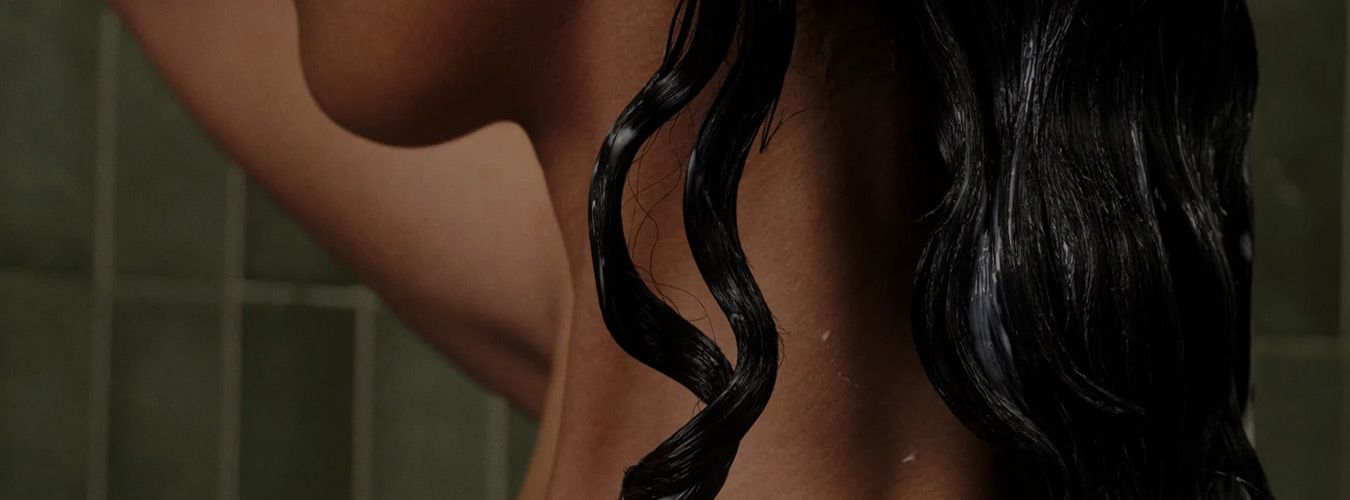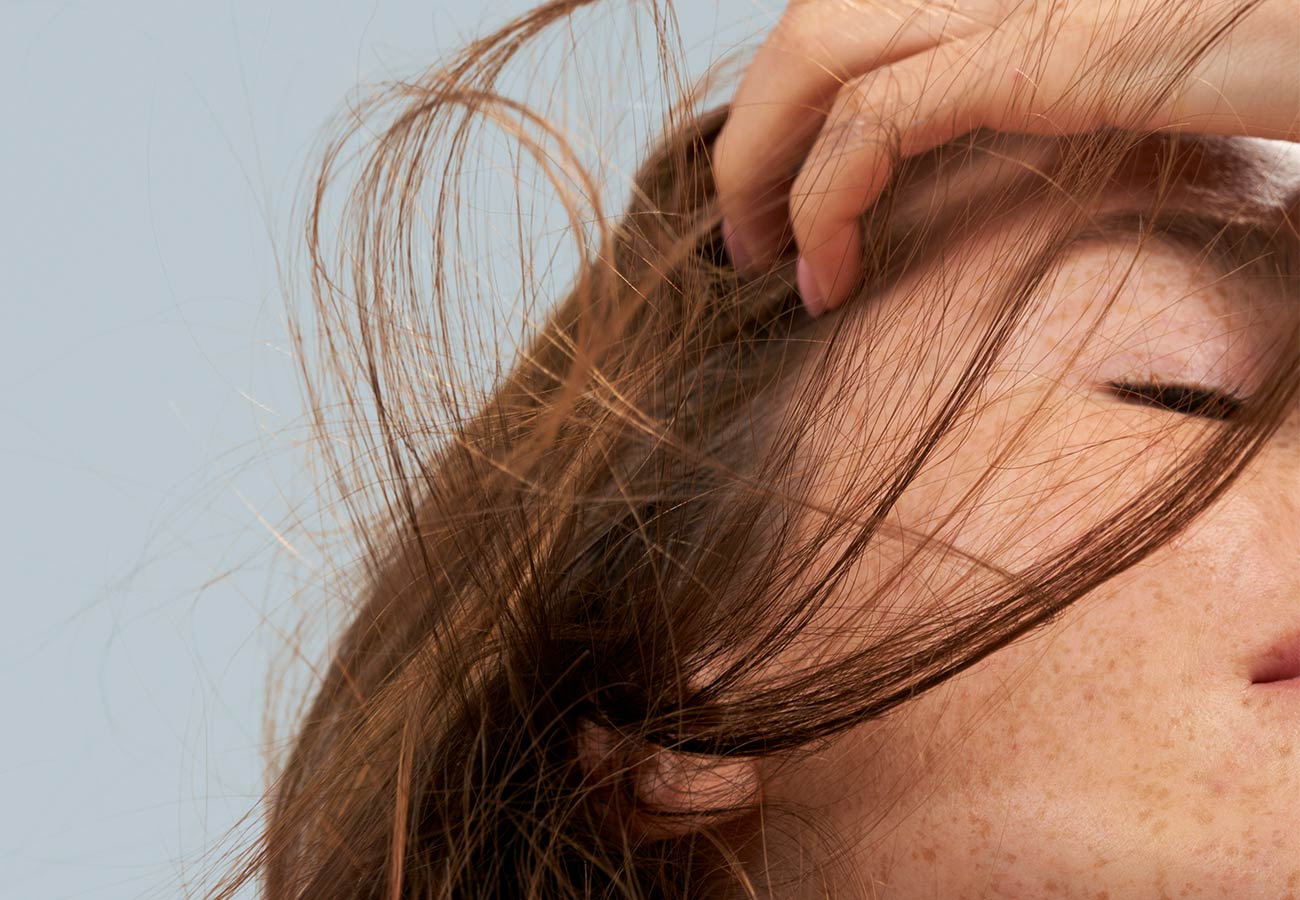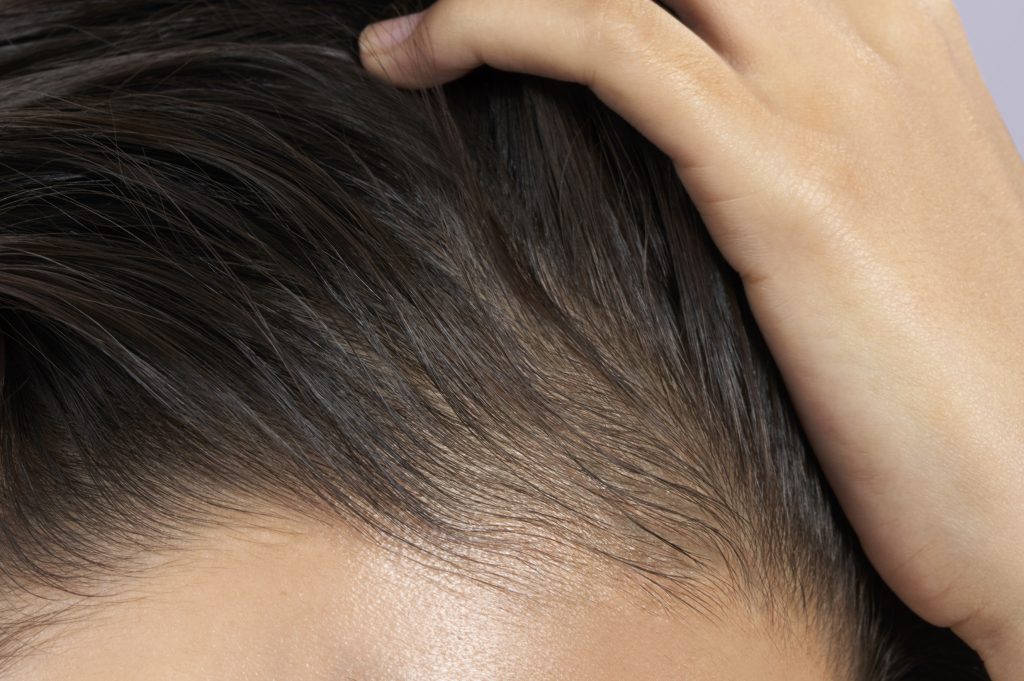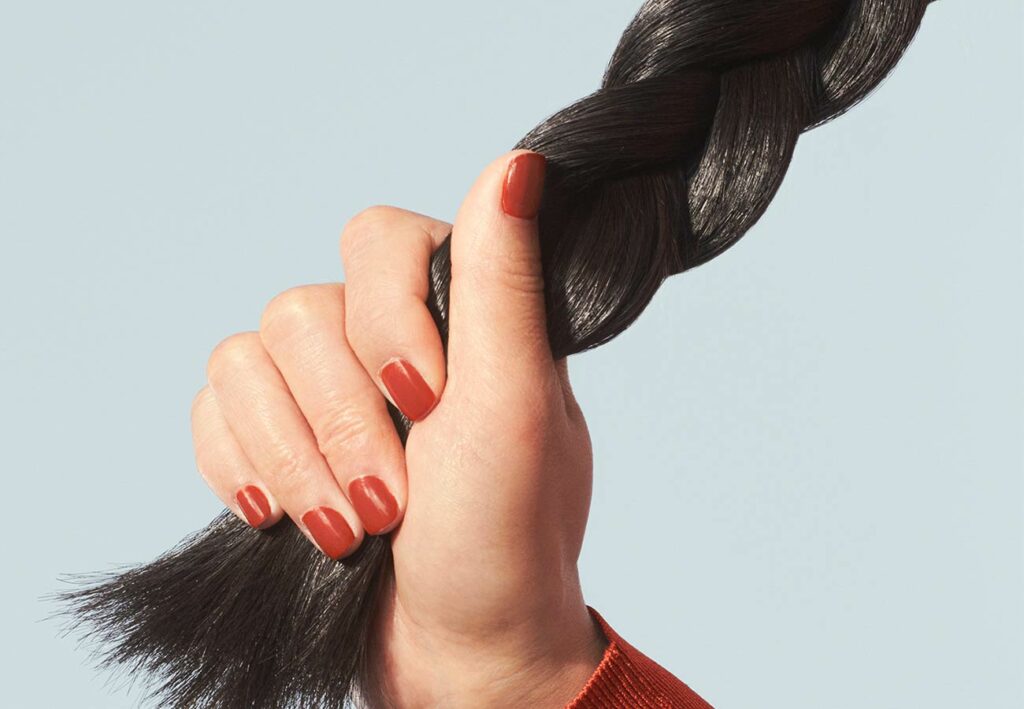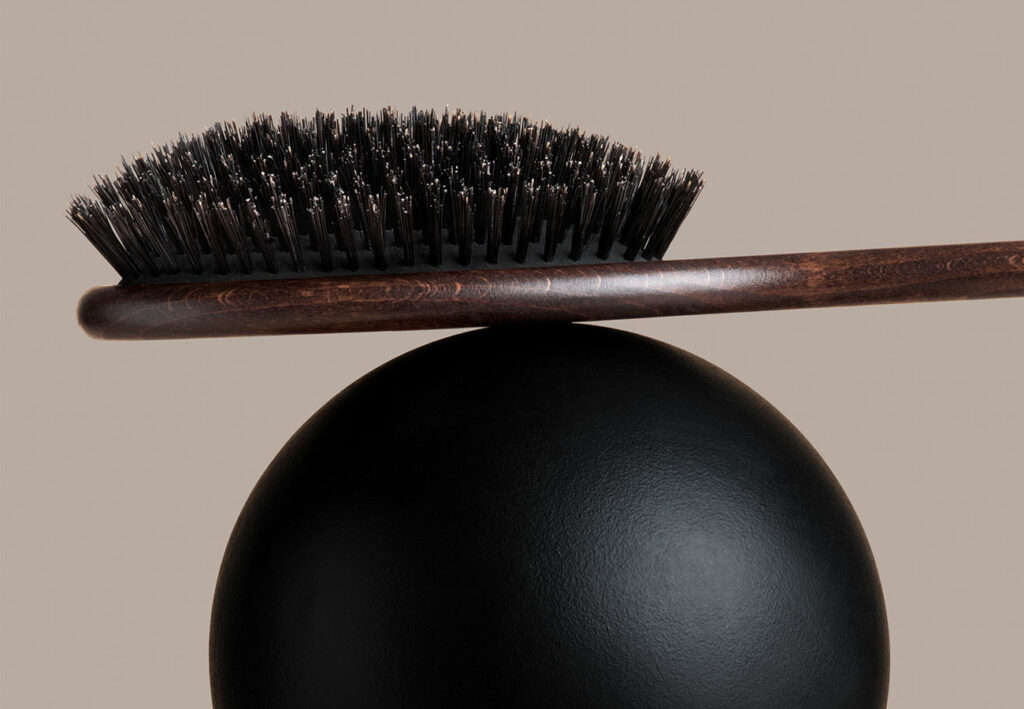Pollution
For a gal that’s out and about in the city, one of the largest geo-aggressors you will be exposed to is pollution. It’s everywhere, and it’s a bunch of microscopic solid and liquid particles, like diesel, that we can’t help but wade through. These little pollutants are called “particulate matter,” and they have a huge effect on our scalp. Especially, the cells that form the base of our hair follicle, as these are most responsible for hair loss. In a new study by Hyuk Chul Kwon—from the Future Science Research Centre, Kwon observed what would happen when he exposed the cells at the base of our hair follicles to particulate matter. He found that the more pollution the cells were exposed to, the less ability they had to produce beta-catenin, a vital protein for hair growth and retention. Other vital proteins for hair health such as cyclin D1, cyclin E, and CDK2, were also decreased upon exposure to particulate matter.
While sometimes it feels like your hair is there to translate your latest mood or fashion phase, its original function was to protect the top of your head. Considering Kwon’s latest experiment, it seems like our hair needs its own protection from the outside world. Pollutants can be found in the air in every city on the planet. But we’re not done yet, UV radiation is another geo-aggressor that may affect individuals in varying amounts depending on the climate you live in.
UV Rays
There are two main ways that UV damage can lead to hair loss. The first and most obvious, is that it simply weakens your actual hair. The outside layer of our hair shaft is called the keratin layer, and is super sensitive to UVB, which breaks down this keratin and other important proteins. This leads to dry, brittle hair that can break easily, and although it’s not the same as hair falling out at the root, it does lead to a decrease in volume and fullness.
UV radiation can also cause hair to stop growing altogether. Just like all other UV damage on your body, the worst things the sun can do to you is happening at a cellular level. When your scalp gets burned, the damaged cellular structure can lead to the release of a superoxide, a compound that causes your hair follicles to switch from “growth phase” to “shedding phase.” Darker hair colors have an advantage in this regard. Increased melanin means increased antioxidant protection and less protein damage. As we age, we also lose the melanin in our hair, meaning that in addition to light colored hair, grey and silver hair have less of a defense against the sun.
Stress
The third and final geo-aggressor you need to be aware of isn’t as material as pollutants, or the sun, but it’s impact is just as real. The truth is, living in a city (or anywhere!) can be stressful, and stress, while invisible, has a very real role in hair loss. “Telogen Effluvium” is the fancy name for it, but it happens when high cortisol levels push your hair follicle cells into the resting and shedding phase all at once. The good news is that unlike genetic hair loss, this kind resolves in its own time, or whenever you decide to finally try meditating.
Even if your hair isn’t falling out, self-care and managing stress is always a good idea. It may have stressed you out just to read this article. From what we’ve discussed, it seems like hair loss is around every corner, or floating in every particle of dust. Don’t lose hope. Knowing how your environment can affect your hair isn’t about fear mongering, it’s about being equipped with the right knowledge so that you can walk through life ready to make the right choices for yourself. Wear a hat, look for custom products, like Prose, to strengthen your hair, and for stress? Fill up that bathtub and open that pint of ice cream, you deserve it.
Always made to order. Never made to waste.
Exclusive Trial Offer Get 60% Off + Free Gift
